A Lonely Old House, Looking For Ghosts (Knock Knock)
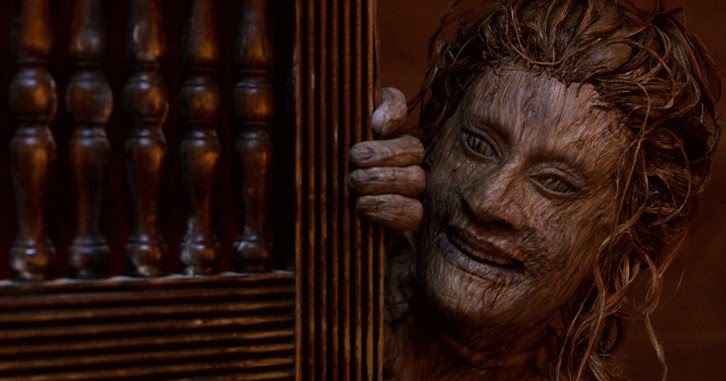 |
| Is this some kind of joke? |
It’s May 6th, 2017. DJ Khaled is at number one with “I’m the One,” backed by Justin Bieber, Quavo, Chance the Rapper, and Lil Wayne. Ed Sheeran, Drake, and Shawn Mendes also chart, as do Luis Fonsi and Daddy Yankee, who see their Spanish-language “Despacito” jump from 22nd to 4th on the back of another Justin Bieber guest appearance. In news, it is announced that Prince Philip will be stepping down from his public engagements in the fall, and local elections see the Tories make heavy gains. Impressively, nothing really happens in the US. Don’t worry. We’ll make up for it next week.
On television, meanwhile, we have Knock Knock. If Thin Ice represents the optimistic long-term future of Doctor Who—the bit of 2017 that most resembles what one might hope for from 2027, then Knock Knock is the bit of 2017 that most accurately prefigures 2018. And the fact that this entry spent the better part of a week consisting of that previous sentence and nothing more speaks volumes as to what that’s going to be like for me. Knock Knock is a true oddity within the Moffat era in that it steadfastly refuses to cohere into anything. It’s a messy and misshapen thing that doesn’t have much to say and isn’t sure how to say it, but that never goes far enough off the rails for it to be fun to just angrily dismantle it. It’s just sort of there, taking up time between Thin Ice and Oxygen.
Still, we’re going to have to get used to dealing with this sort of shit, so let’s have at it. The obvious starting point is Moffat’s celebrity writers initiative. Throughout his tenure, Moffat has made a point of commissioning the writers of other hit series for Doctor Who. Starting with Simon Nye and Richard Curtis in Series Five and continuing through Neils Gaiman and Cross, the practice seemed to wind down with the Capaldi era only to, in his final season, come back with an aim towards making up for lost time. We’ll deal with the second one of these—a Scottish playwright who worked with Ken Loach—later, but Mike Bartlett was hired off of the tremendously successful Doctor Foster, a Suranne Jones led thriller about marital infidelity.
This approach has generally worked for Moffat. Sure, Gaiman’s second script was something of a wet fart, but Vincent and the Doctor remains an oft-cited highlight of his tenure, The Doctor’s Wifeis infuriatingly good, and Rings of Akhaten is potentially the most underrated story of the new series. It also served to get a number of interesting and compelling voices into Doctor Who, even if four out of five prestigious television writers hired by Moffat were white guys, and none were people of color. We still got takes on Doctor Who from some major writers who wouldn’t normally bother writing single episodes of a TV show as work for hire. And Bartlett seems on paper like an obvious choice—Doctor Foster was a massive hit, and Bartlett was a long-time Doctor Who fan who chatted happily to Doctor Who Magazine about his memories of the McCoy era.…

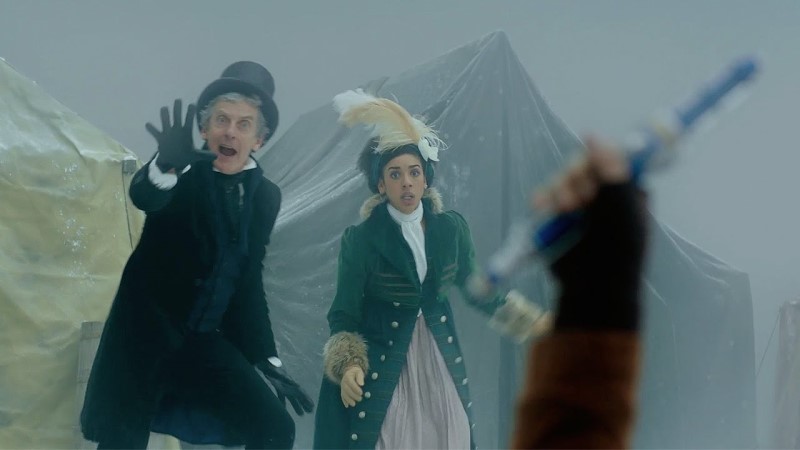

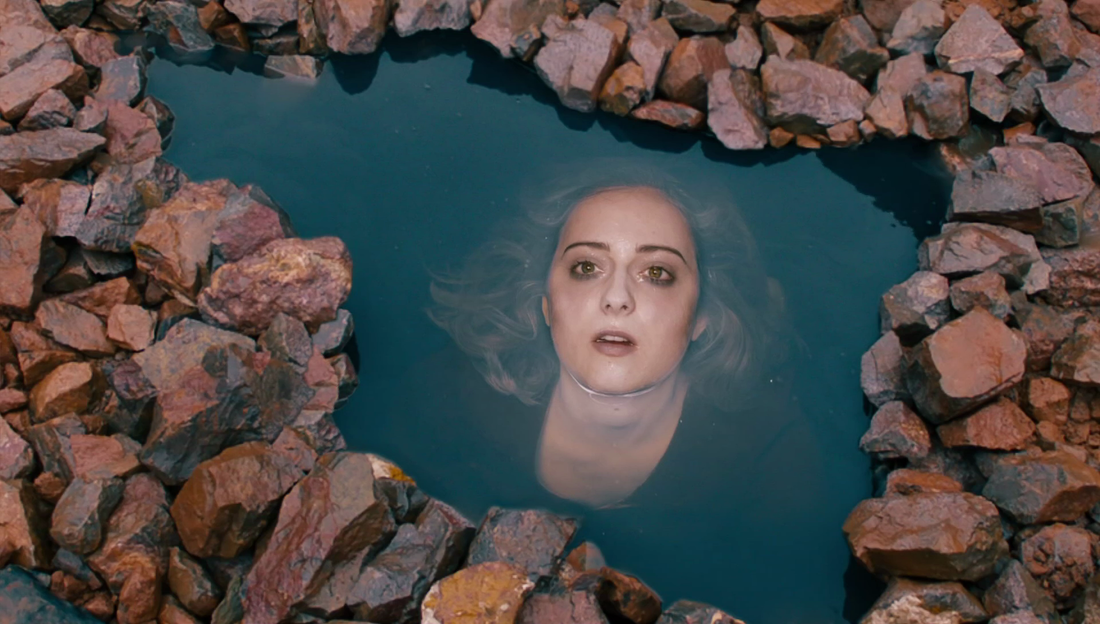
 I want to start with an update to
I want to start with an update to 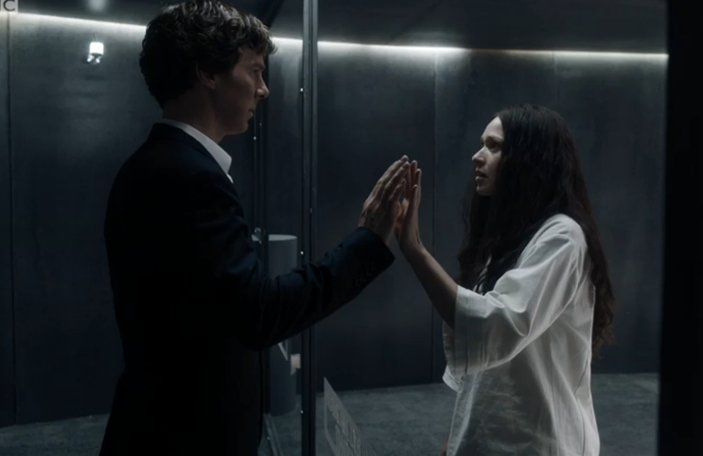 It’s January 15th, 2017. Clean Bandit have been knocked off of number one by the dawn of the Sheeraning, as Ed Sheeran’s “Shape of You” and “Castle on the Hill” debut at number one and two respectively, heralds of his forthcoming album that will, on its release in mid-March, lead to Sheeran occupying 14 of the top 15 slots in an absolutely unprecedented (and before the streaming era impossible ) turn of events. JP Cooper, Starley, and Jax Jones featuring Raye also chart.
It’s January 15th, 2017. Clean Bandit have been knocked off of number one by the dawn of the Sheeraning, as Ed Sheeran’s “Shape of You” and “Castle on the Hill” debut at number one and two respectively, heralds of his forthcoming album that will, on its release in mid-March, lead to Sheeran occupying 14 of the top 15 slots in an absolutely unprecedented (and before the streaming era impossible ) turn of events. JP Cooper, Starley, and Jax Jones featuring Raye also chart. CW: Discussions of Jimmy Savile and sexual assault.
CW: Discussions of Jimmy Savile and sexual assault.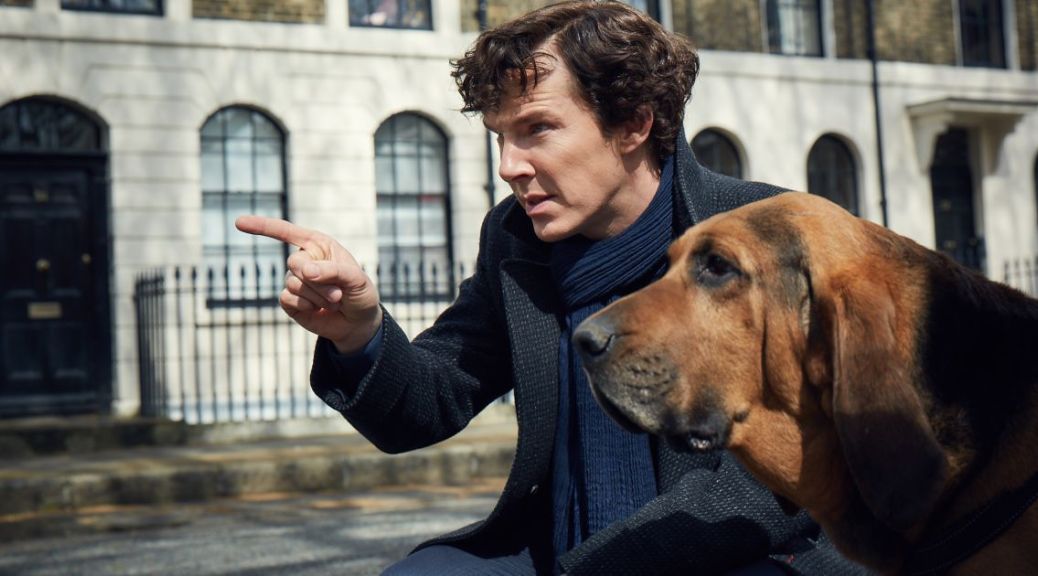 It’s January 1st, 2017. Did you guess that Rockabye were at number one with “Clean Bandit”? If so, well done. Zara Larsson, Little Mix, Bruno Mars, and Wham also chart, the latter with a post-Christmas surge for “Last Christmas.” In news, US troops withdraw from Afghanistan, Obama imposes sanctions against Russian intelligence agencies for interfering with the election, and Nevada’s marijuana legalization goes into effect.
It’s January 1st, 2017. Did you guess that Rockabye were at number one with “Clean Bandit”? If so, well done. Zara Larsson, Little Mix, Bruno Mars, and Wham also chart, the latter with a post-Christmas surge for “Last Christmas.” In news, US troops withdraw from Afghanistan, Obama imposes sanctions against Russian intelligence agencies for interfering with the election, and Nevada’s marijuana legalization goes into effect.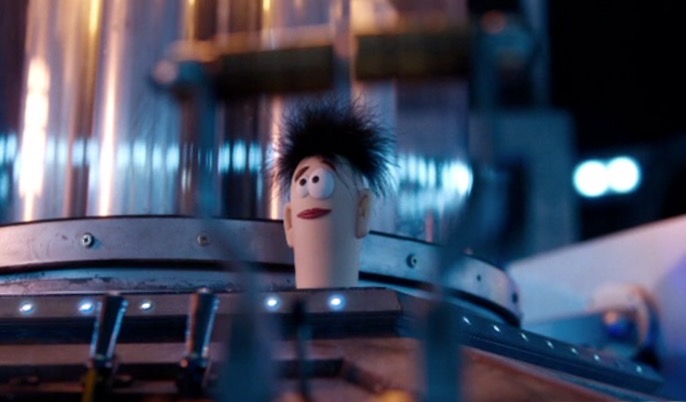
 A thing we will inevitably have to address is what it looks like for Doctor Who to respond to Trump. Or, in the UK context, Brexit, but let’s go ahead and just use Trump as a metonym for the catastrophic politics that form the backdrop of the Moffat-Chibnall handover. This is, of course, something it is not fair to ask Class to do. It’s not fair to ask most of Series 10 to do it either—Trump’s election happened late in the block where they shot Oxygen and The Eaters of Light, which was in time to work the “too orange” gag into The Pyramid at the End of the World (although more on Trump and that episode when the time comes) but nowhere near early enough for anything in this season to be conceptualized as an intentional response to his Presidency. (His campaign is a different matter.) Even with Brexit, the vote took place four days after filming started—enough to have some impact (we know that Gatiss was considering an explicitly Brexit-themed script), but still fundamentally after the series was well underway. On the whole, Series 10 emerged from the midst of 2016’s turmoil; it is the Chibnall era that exists wholly and cleanly as a post-Trump work.
A thing we will inevitably have to address is what it looks like for Doctor Who to respond to Trump. Or, in the UK context, Brexit, but let’s go ahead and just use Trump as a metonym for the catastrophic politics that form the backdrop of the Moffat-Chibnall handover. This is, of course, something it is not fair to ask Class to do. It’s not fair to ask most of Series 10 to do it either—Trump’s election happened late in the block where they shot Oxygen and The Eaters of Light, which was in time to work the “too orange” gag into The Pyramid at the End of the World (although more on Trump and that episode when the time comes) but nowhere near early enough for anything in this season to be conceptualized as an intentional response to his Presidency. (His campaign is a different matter.) Even with Brexit, the vote took place four days after filming started—enough to have some impact (we know that Gatiss was considering an explicitly Brexit-themed script), but still fundamentally after the series was well underway. On the whole, Series 10 emerged from the midst of 2016’s turmoil; it is the Chibnall era that exists wholly and cleanly as a post-Trump work.